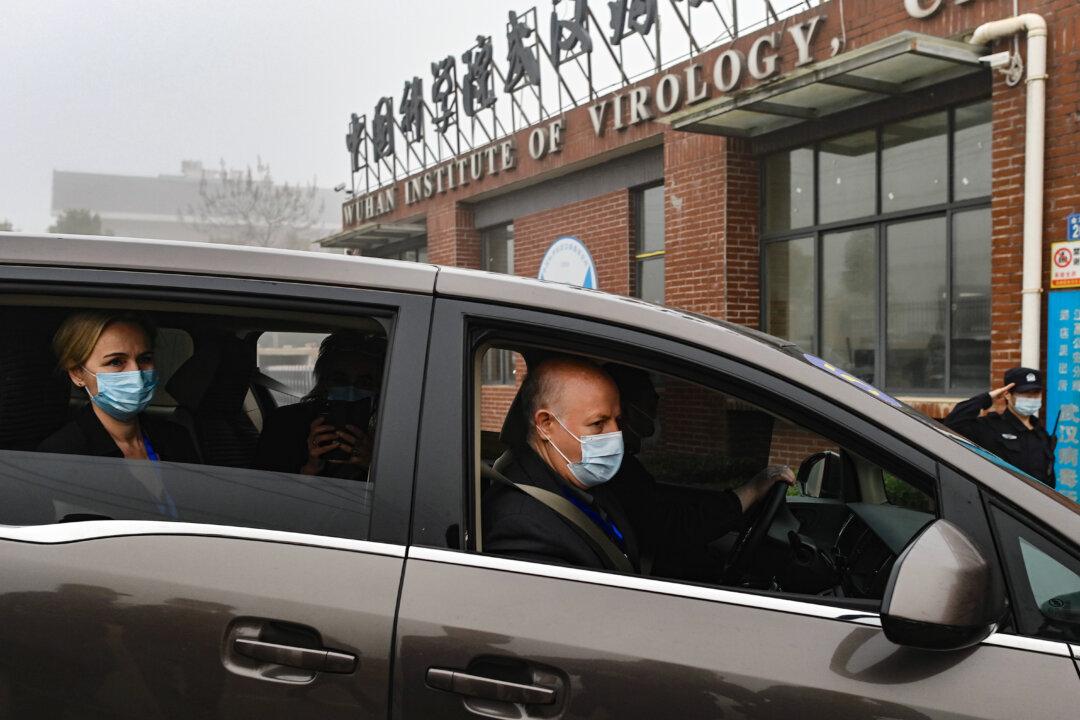As 194 nations continue to work through drafts of pandemic agreements that would grant more authority to the World Health Organization (WHO), a body convened by the WHO is calling for a worldwide pandemic simulation to be carried out by the end of this year to test the effectiveness of the new terms before member nations sign them in 2024.
“We feel very strongly that we cannot wait for the next emergency to find out how well the pandemic accord and the IHR amendments will work; we need to know now,” Joy Phumaphi, co-chair of the Global Preparedness Monitoring Board (GPMB), stated on May 22. “We therefore suggest that Member States, together with other key stakeholders, carry out a simulation exercise based on the draft accord and draft IHR amendments later this year, before they are finalized and adopted.”





